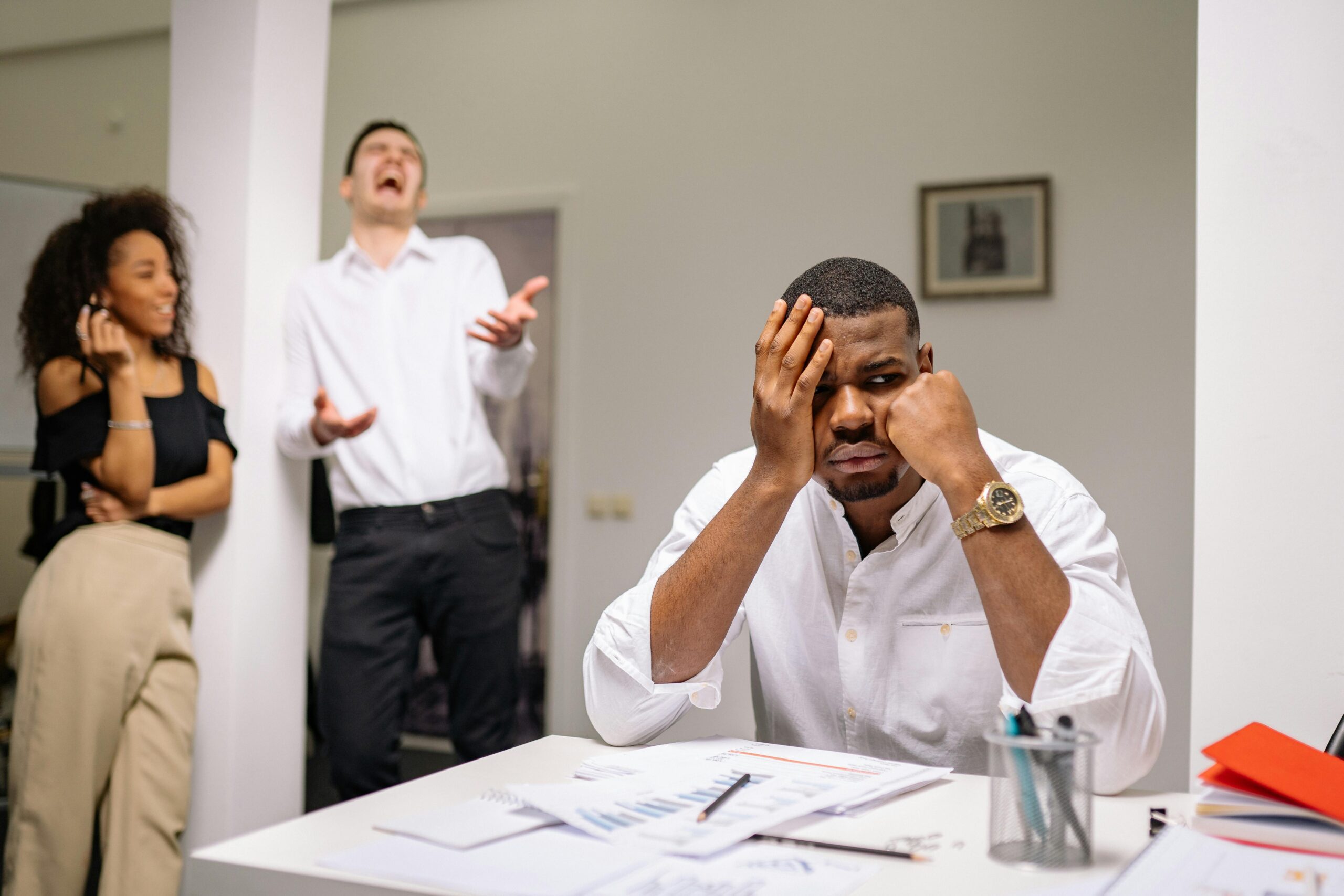Can I Stop Anxiety?
Ah, anxiety—the sneaky little gremlin that pops up uninvited, usually at the most inconvenient times. You know the feeling: your heart races, palms sweat, and suddenly, every possible worst-case scenario plays out in your mind like a terrible movie reel. But here’s the good news: while you might not be able to eradicate anxiety completely (sorry, anxiety gremlins are quite persistent), you can certainly manage it and lessen its grip on your life.
Understanding Anxiety: The Unwelcome Guest
First, let’s take a moment to understand what anxiety actually is. It’s not just that feeling you get before a big presentation or the jitters before a first date. Anxiety is your body’s natural response to stress—a complex cocktail of hormones, adrenaline, and a sprinkle of evolutionary wisdom that’s meant to keep you safe. Think of it as your internal alarm system, trying its best to protect you from perceived threats. The problem arises when that alarm goes off for no good reason, or when it’s stuck on high alert.
Common Types of Anxiety Disorders
Before you can tackle anxiety, it helps to know what you’re dealing with. Here are some common types:
- Generalized Anxiety Disorder (GAD): This is the “I-worry-about-everything” type of anxiety. It’s like your brain is a radio stuck on a news station that only reports bad news.
- Panic Disorder: Characterized by sudden and intense panic attacks, this can feel like your heart is trying to escape your chest and your mind is running a marathon.
- Social Anxiety Disorder: This is not just shyness; it’s a deep fear of social interactions, leaving individuals feeling like they’re under a spotlight, waiting for judgment.
- Phobias: Whether it’s heights, spiders, or the thought of public speaking, phobias can trigger an overwhelming sense of dread that’s hard to shake.
Can You Stop Anxiety? The Short Answer: Sort Of
So, can you stop anxiety entirely? Not really. But you can certainly manage it. Think of it like a recurring guest who overstays their welcome. With the right strategies, you can guide them to the door—or at least keep them in the guest room instead of taking over your entire house.
1. Therapy: Your Personal Guide
One of the most effective ways to manage anxiety is through therapy. Cognitive Behavioral Therapy (CBT) is particularly popular—it helps you identify and change negative thought patterns. Imagine sitting down with a guide who helps you navigate the rocky paths of your mind, pointing out the irrational boulders along the way. Plus, it’s a great excuse to talk about yourself for an hour each week!
2. Medication: When Therapy Needs a Boost
For some, therapy alone might not be enough. That’s where medication can come into play. Antidepressants and anti-anxiety medications can help balance the brain’s chemistry. Think of it as getting a little help from a friend when you’re trying to lift a heavy box. Always consult with a healthcare professional to find what’s best for you, as this journey is uniquely yours.
3. Lifestyle Changes: The Daily Grind
Sometimes, the simplest changes can yield profound effects. Here are a few lifestyle tweaks that might just work wonders:
- Exercise: It’s not just an excuse to wear those cute sneakers. Regular physical activity releases endorphins, the body’s natural feel-good chemicals. So, whether you’re jogging, dancing, or even doing a little yoga, you’re doing your anxiety a favor.
- Mindfulness and Meditation: Practicing mindfulness can help you stay present and reduce anxiety. Think of it as hitting the “pause” button on your racing thoughts.
- Sufficient Sleep: Never underestimate the power of a good night’s sleep. It’s like giving your brain a much-needed vacation!
- Nutrition: What you eat can affect your mood. Incorporating a balanced diet rich in omega-3 fatty acids, vitamins, and minerals can support your mental health.
4. Build Your Support Network
Don’t underestimate the power of social connections. Surround yourself with people who understand you and can lend an ear when your anxiety tries to take the wheel. Sometimes, just knowing you’re not alone can make a world of difference. Think of your friends and family as your personal cheerleading squad, ready to rally when anxiety tries to steal the show.
When to Seek Help
If your anxiety feels overwhelming or interferes with your daily life, it might be time to seek professional help. Remember, asking for help is not a sign of weakness; rather, it’s a courageous step toward reclaiming your peace of mind.
Managing anxiety is a journey, not a race. It’s about finding what strategies work for you and allowing yourself grace along the way. So, the next time anxiety knocks on your door, you’ll be ready with your toolkit of coping mechanisms—because you deserve a life that feels more like a gentle stroll than a frantic sprint.

